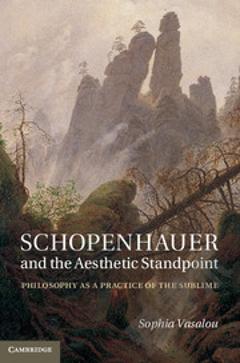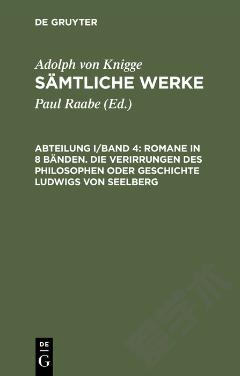Complete Works of Friedrich Schiller —— In Eight Volumes; Aesthetical and Philosophical Essays
----- 弗里德里希席勒全集
First, then, aesthetics has for its object the vast realm of the beautiful. And it may be most adequately defined as the philosophy of art or of the fine arts. To some the definition may seem arbitrary, as excluding the beautiful in nature; but it will cease to appear so if it is remarked that the beauty which is the work of art is higher than natural beauty, because it is the offspring of the mind. Moreover, if, in conformity with a certain school of modern philosophy, the mind be viewed as the true being, including all in itself, it must be admitted that beauty is only truly beautiful when it Shares in the nature of mind, and is mind's offspring. Viewed in this light, the beauty of nature is only a reflection of the beauty of the mind, only an imperfect beauty, which as to its essence is included in that of the mind. Nor has it ever entered into the mind of any thinker to develop the beautiful in natural objects, so as to convert it into a science and a system. The field of natural beauty is too uncertain and too fluctuating for this pur pose. Moreover, the relation of beauty in nature and beauty in art forms a part of the science of aesthetics, and finds again its proper place.
{{comment.content}}








 京公网安备 11010802027623号
京公网安备 11010802027623号